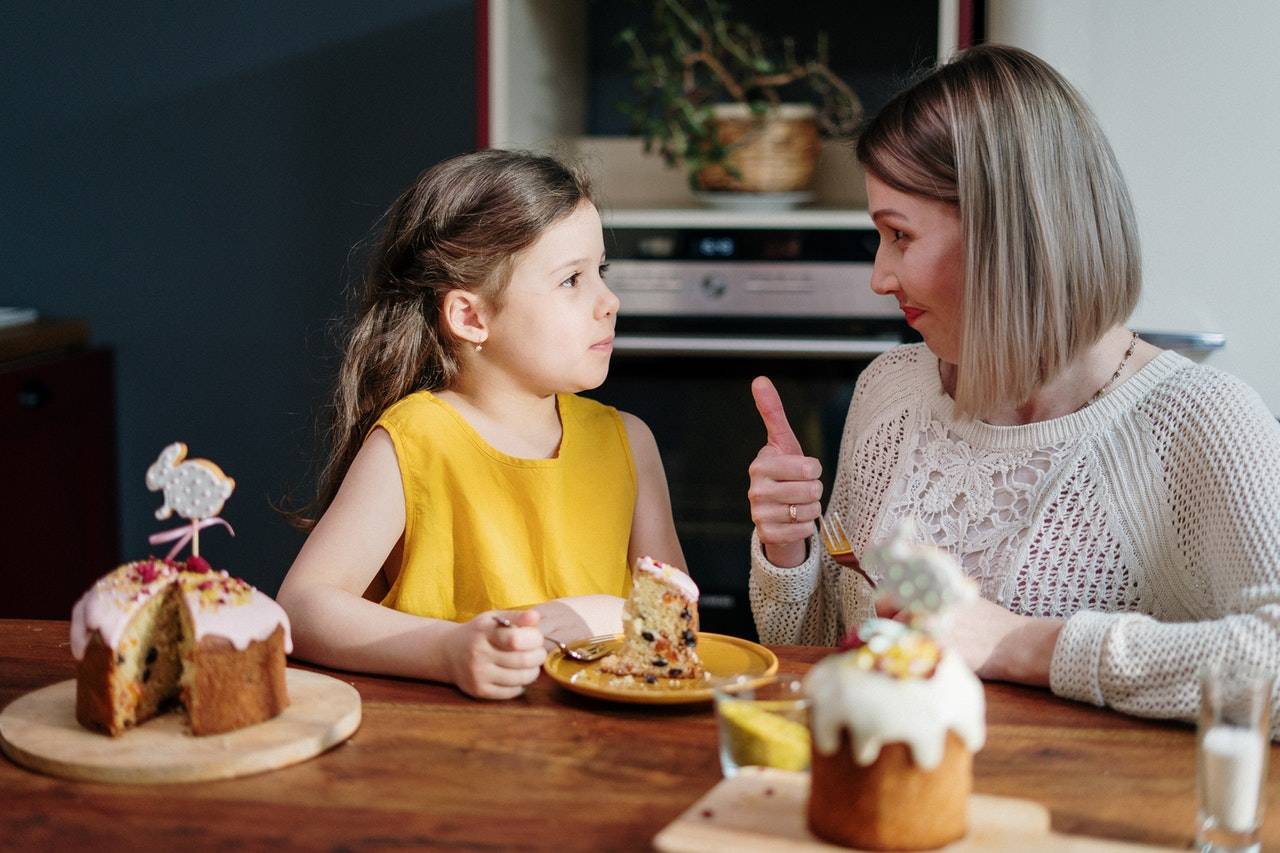Answering Young Children’s Questions About Addiction

Kids are more perceptive than you might realize. If you or someone close to your family is suffering from addiction, it’s important to talk to your children. They may have questions about addiction – and you will want to answer them in a safe and honest way.
Find Out What Questions They Have
One of the first things you have to consider is whose children are asking questions – and what kinds of questions they have. If you’re the parent, you get to decide how they’re answered. However, if you’re a teacher, a neighbor, or someone else that the child feels comfortable talking to, you have to be careful.
There’s a drug epidemic in the country, so there’s a good chance that some children have dealt with parents who have an addiction. It has been estimated that one in four children have been exposed to alcohol abuse or drug dependence.
Answer the questions in the most generic way possible, especially if children are asking about someone outside of the immediate family. Provide them with resources so that they can talk openly – and even get a parent the necessary level of help.
Let a Child Know When You’re Going to Get Help
Children tend to know what’s going on, even when you don’t tell them. They’ll often figure it out. If they haven’t, talking to them is even more important because you want to make sure they understand what’s really going on, not what they assume.
If you’re faced with an addiction problem, getting professional help is critical. Before you go into any kind of inpatient drug rehabilitation program, you have to talk to your child or children about what’s going on.
You’re going to leave them for a few days or weeks. Who will be watching them? Why are you going? What are you going to be doing? Are you going to be different when you come back? Depending on the age of the children, the questions may vary.
Answer as honestly as possible. Kids are exposed to a lot of media, so they may know more about the topic than you think. Find out what they do know. Address their feelings. Find out what they have to say about what you’re doing. Particularly as children get older, they’ll have the ability to express themselves more effectively. Create a safe space so that you can discuss the kind of help that you’re getting and why.
Avoid Sharing Too Much
While you want to make sure that children get their questions answered, you need to avoid sharing too much. Children are innocent – and you want to keep them that way for as long as possible.
When you share too much, you end up getting into a situation where a child is going to become stressed or fearful about addiction. They may start to worry that anyone in their family can become addicted.
If you or someone else in their life has come forward about a substance use disorder, they may even feel that they have to become the caretaker. That’s known as the caregiver burden. While it’s most commonly found in adults who have to take care of children with chronic diseases, it’s also possible to reverse the roles. Children may find that they have to take care of you (or another loved one) because of chronic addiction.
Set up expectations with a child as you answer their questions. When they begin to ask about how to care for someone with an addiction, you let them know that it is the responsibility of an adult. Let them know that there is help available so that no child feels as though they are personally responsible for an adult’s recovery.
Be Available to Answer Questions
Perhaps the most important thing about answering children’s questions about addiction is being available. They’ll have questions – and you don’t want them making false assumptions.
Particularly if addiction is prevalent in your community, your family, or even your home, be sure that you open up the dialogue. Talk about it in a vague way and ask if they have any questions. It’s best that they get honest answers about all that is going on as opposed to turning to unreliable sources.
Even after you have a conversation, follow up with them. It may take them some time to digest the information that you have provided. Once they have a few days to think about all that you have told them, they may have more questions.
When you have conversations and you’re willing to answer questions, it shows that addiction is nothing to be ashamed of. It’s a disorder, and it’s possible to get anyone suffering from addiction the help that they need. These conversations aren’t easy, but you want to have them any time a child admits they have questions or concerns. The effects of drug addiction on family members are broad, but getting help can be healing for multiple generations.
Author Bio: Patrick Bailey is a professional writer mainly in the fields of mental health, addiction, and living in recovery. He attempts to stay on top of the latest news in the addiction and the mental health world and enjoys writing about these topics to break the stigma associated with them.





